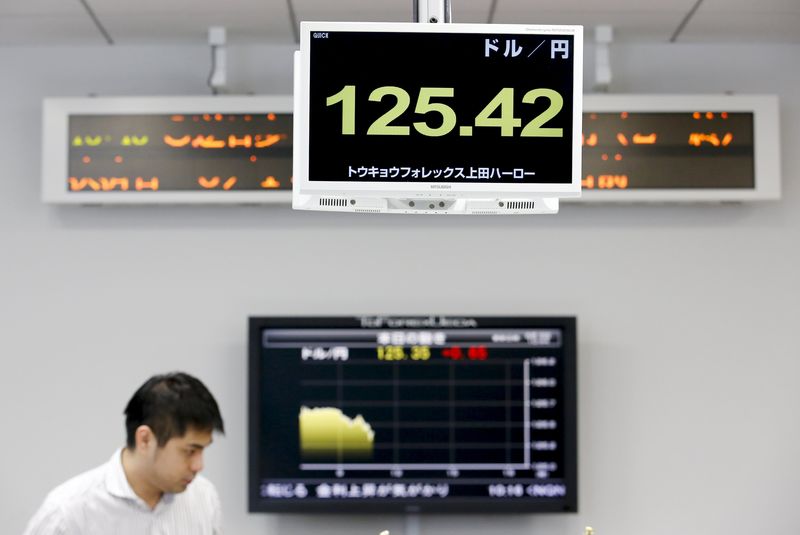TOKYO (Reuters) - Japan's Financial Services Agency (FSA) is scrapping a plan to reduce the maximum leverage allowed for margin currency trading, a source with direct knowledge of the matter said on Tuesday.
The country's financial watchdog had been seeking to cut the maximum leverage that currency trading platform operators can offer to investors, often called Mrs Watanabe, to 10 times from the current 25 times.
But the plan was abandoned in face of strong opposition from both traders and FX trading operators, the source said.
The FSA has been worried that retail investors' aggressive risk-taking could cause big losses not only for traders themselves but also for trading platform operators if investors do not have enough cash to deal with margin calls.
The FSA now plans instead to enhance "stress tests" on FX trading firms to mitigate any settlement risks related to FX margin trading.
Margin currency trading is very popular among Japanese retail investors, with trading typically reaching 300 to 600 trillion yen ($2.76-$5.52 trillion) per month.
Their loss-cutting is thought to be the main reason behind sharp falls in the Turkish lira on Wednesday last week, when the lira hit a record low of 4.9221 per dollar <TRY=> and 22.28 yen (TRYJPY=R).
The margin trading operators' industry group, the Financial Futures Association of Japan, declined to comment on the FSA's stance.
